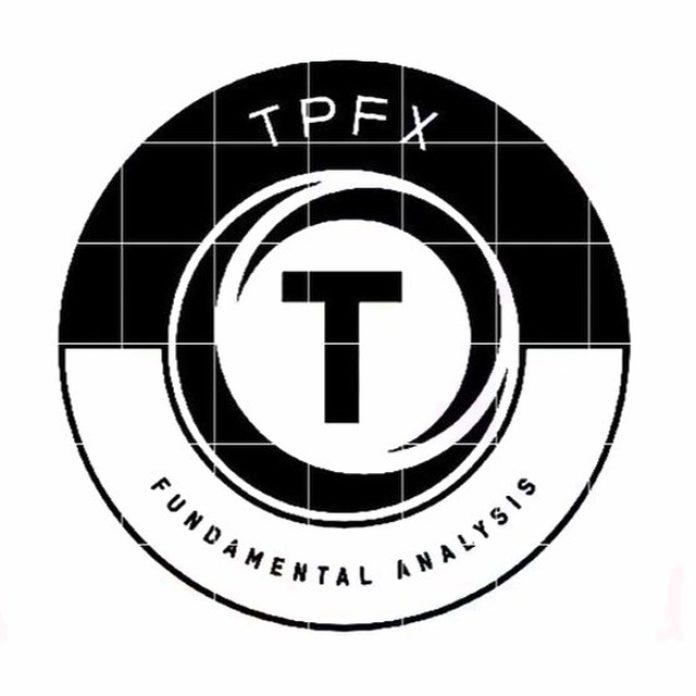The real risk of default arises from endless Congressional borrowing, not from its ceiling ،Democrats carelessly spent taxpayers’ money, devalued our currency, I made their bed so they should lie in it! So Republican Representative Andy Wiggs said in a tweet on Tuesday…
Debt ceiling: It is a debt that the government owes to itself as a result of borrowing from various government accounts, where the debt ceiling is a legislative limit to the amount of debt that the United States government can incur… The US Treasury stated that it is considered the total amount of money that the United States government is entitled to borrow to meet Its existing statutory obligations, including Social Security benefits, Medicare, military salaries, interest on the national debt, tax refunds, and other payments, which includes debt in the hands of the public and in the government’s internal accounts, are established by Congress and are intended to control the level of government borrowing. When the government reaches the limit, it can either raise the debt ceiling or default on its debt.
What happens when the debt reaches the limit?
When the debt cap is reached without enacting an increase in the cap, the Treasury will need to resort to “extraordinary measures” to temporarily fund government expenditures and liabilities until a solution is found. The Treasury has never reached the point of exhausting extraordinary measures, resulting in Default When the government reaches this limit, it can no longer borrow money to fund its operations, which could lead to a government shutdown or default on its debt.
How does it affect the forex market? This can affect the forex market by causing uncertainty and possibly depreciating the US dollar. Raising the debt ceiling is important because it allows the government to continue to borrow money and meet its financial obligations. Without the ability to borrow, the government would have to cut spending significantly or raise taxes, which could have negative effects on the economy. In addition, a government default on its debt could have severe consequences for both domestic and global financial markets.
What does the government constitution stipulate about religion?
The Constitution after the Fourteenth Amendment stipulates that
(the validity of the public debt of the United States of America may not be questioned) means that it is unconstitutional for the United States of America to default on its debts…
{In macroeconomics, public debt management is an important part of the American economy and financing system} ..
What happens if the debt is defaulted?
Failure and failure to meet the conditions is considered a failure of the government to pay the debt! If the government defaults on its debt, it means that it is unable to make scheduled payments of its debt obligations. This could have dire consequences for the government’s creditworthiness and its ability to borrow in the future, as well as for the country’s economy as a whole. It can also lead to a loss of confidence in the government and its currency, which could cause inflation or even a currency crisis. In addition, holders of distressed debts may suffer significant financial losses…
Is the debt ceiling an appropriate or constitutional mechanism for constraining government spending?
Some argue that the debt ceiling serves as a necessary check on government spending by requiring Congress to regularly consider and approve government borrowing. This can help ensure that the government is living within its means and not incurring too much debt. It is important to note that the government must balance its budget, as well as pay off its debt, in order to maintain a stable and healthy economy. In addition, the United States has a very large economy and is a safe haven for investors, which makes it easy for them to borrow at low interest rates.
Why doesn’t the Fed print money?
Just because the Federal Reserve can create money by printing it or by issuing digital dollars does not mean that the government can simply print as much money as it wants to pay off its debts. Doing so will likely lead to inflation and a loss of confidence in the currency, which could have dire economic consequences. Donald Ritchie is Historian Emeritus of the United States (states that the effect of debt defaults that would stop government services)…
What happens if the debt ceiling is raised?
Without another increase in the debt ceiling, the United States will not be able to pay its bills and risks bringing the nation to the brink of default. If the debt ceiling is raised, it means that the government is authorized to borrow more money to finance its operations and debt obligations. The debt ceiling is set by Congress, and it is usually raised when the government needs to borrow more money than is currently authorized under the current debt ceiling. The decision to raise the debt ceiling is usually taken by the majority party in Congress, although it may also be included in a larger legislative package. Ultimately, the responsibility for raising the debt ceiling rests with Congress, although the president may also play a role in the decision-making process. If the government really runs out of money without Congress acting, that means vendors and individuals are not getting paid. People who buy US bonds or other types of debt issued by the federal government will worry about their investment, which will likely cause turmoil in the financial markets. A default, or even the perceived threat of one, can have serious negative economic effects. An actual default would baffle global financial markets and create chaos, because domestic and international markets depend on the relative economic and political stability of US debt instruments and the US economy. Interest rates will rise, and demand for Treasuries will decrease as investors stop or scale back investments in Treasuries if they are no longer considered completely safe, increasing the risk of default. Even the threat of default during confrontation increases borrowing costs. If interest rates on Treasury securities increase dramatically, interest rates throughout the economy will follow, affecting auto loans, credit cards, home mortgages, business investments, and other costs of borrowing and investing. The balance sheets of banks and other institutions with large holdings of Treasury securities will decline as the value of Treasury securities declines, which could lead to a tightening of credit availability as we saw recently in the Great Recession. Before concluding, simply raising the debt limit again will not solve the financial crisis in America, as Congress has shown time and again that it does not view the debt limit as a binding constraint on its spending. Every time the accumulated federal debt gets close to the limit, [Congress raises the limit] if we really want to limit the federal government’s spending and debt, we must set a new debt limit, one that Congress cannot increase on its own. Rather, we shall embody the limit of debt in an amendment to the Constitution so that it may be lifted only by the consent of three-fourths of the states. Only then will Congress take the limit seriously. Conclusion: Constitutional political economists distinguish between “the game” and “the rules of the game” in the study of political processes. If the government is not behaving the way it should, the solution is to change its rules. The “game” is played at each level of government, while the “rules” are set at a higher level.
كتب هذا المقال بواسطة المحلل الأساسي طيبة الرحباوي….
This article was written by fundamental analyst Taiba Al-Rahbawi….
Join the TPFX fundamental analysis channelhttps://t.me/TPFX_finance


















